This post contains affiliate links from which I may receive a small commission, at no extra cost to you. In no way does this affect my opinion or the information I provide on the product. Please read my disclaimer for more info.
Gut health seems to be everyone’s latest obsession and probiotics and prebiotics are all the rage.
Whether it be eating the right foods or taking supplements, there are ways to keep your good gut bacteria thriving.
Here’s the truth on pre and probiotics, the difference between the two, where to find them, and whether or not you need both.
What is gut health?
Before discussing prebiotics and probiotics, let’s talk a little bit about our gut microbiome. They are the microorganisms living in our gastrointestinal system, mainly our colon.
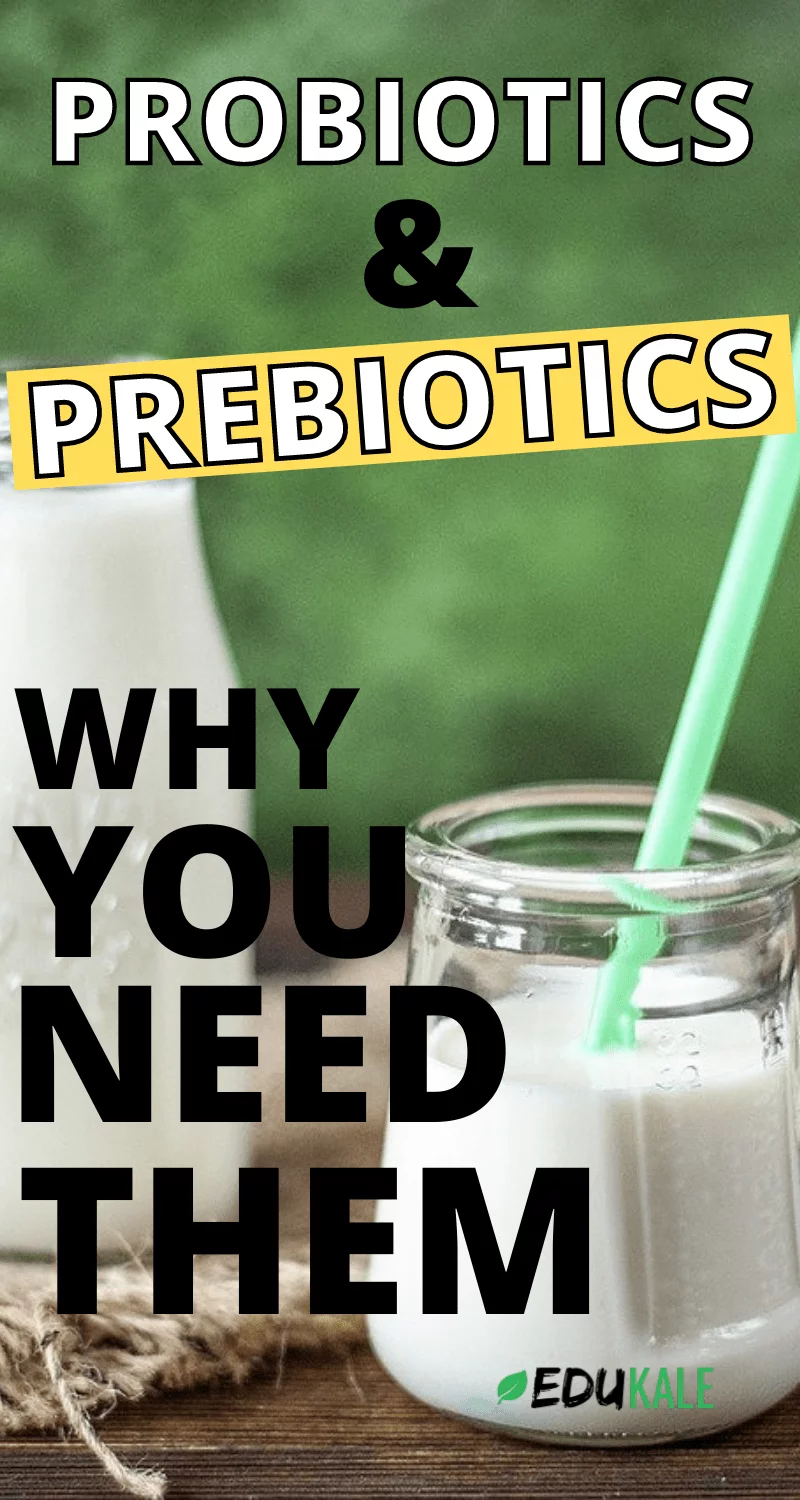
Studies [1] are constantly demonstrating the link between our microbiome and numerous aspects of our health. The way we eat, our environment, or the antibiotics we take all influence our gut microbiome, so it’s crucial to take care of it as much as possible.
Prebiotics and probiotics can help you do just that. In fact, numerous studies [2, 3, 4] have shown the benefits of probiotics and prebiotics for our gut, and their role in preventing certain diseases. Check out my article on gut health if you want more information on the topic!
What’s the difference between probiotics and prebiotics?
- Probiotics are the actual live bacteria that live in your gut and help keep it healthy. They are referred to as “good” bacteria which help fight off the “bad” bacteria.
When you eat probiotic-rich food or supplements, the organisms pass through your digestive system and settle into your colon. Some of the main probiotics include lactobacillus, found in fermented foods, and bifidobacterium, found in some dairy products.
- Prebiotics are the food that helps the probiotics thrive [5]. They are a type of fiber that humans can’t digest, so they pass through the digestive system and are consumed by the gut bacteria in order to help it grow.
Inulin and oligofructose are examples of these fermentable fibers.
As you can tell, probiotics and prebiotics actually work together in order to keep your gut in top shape, so it’s a good idea to make sure that you are getting enough of both.
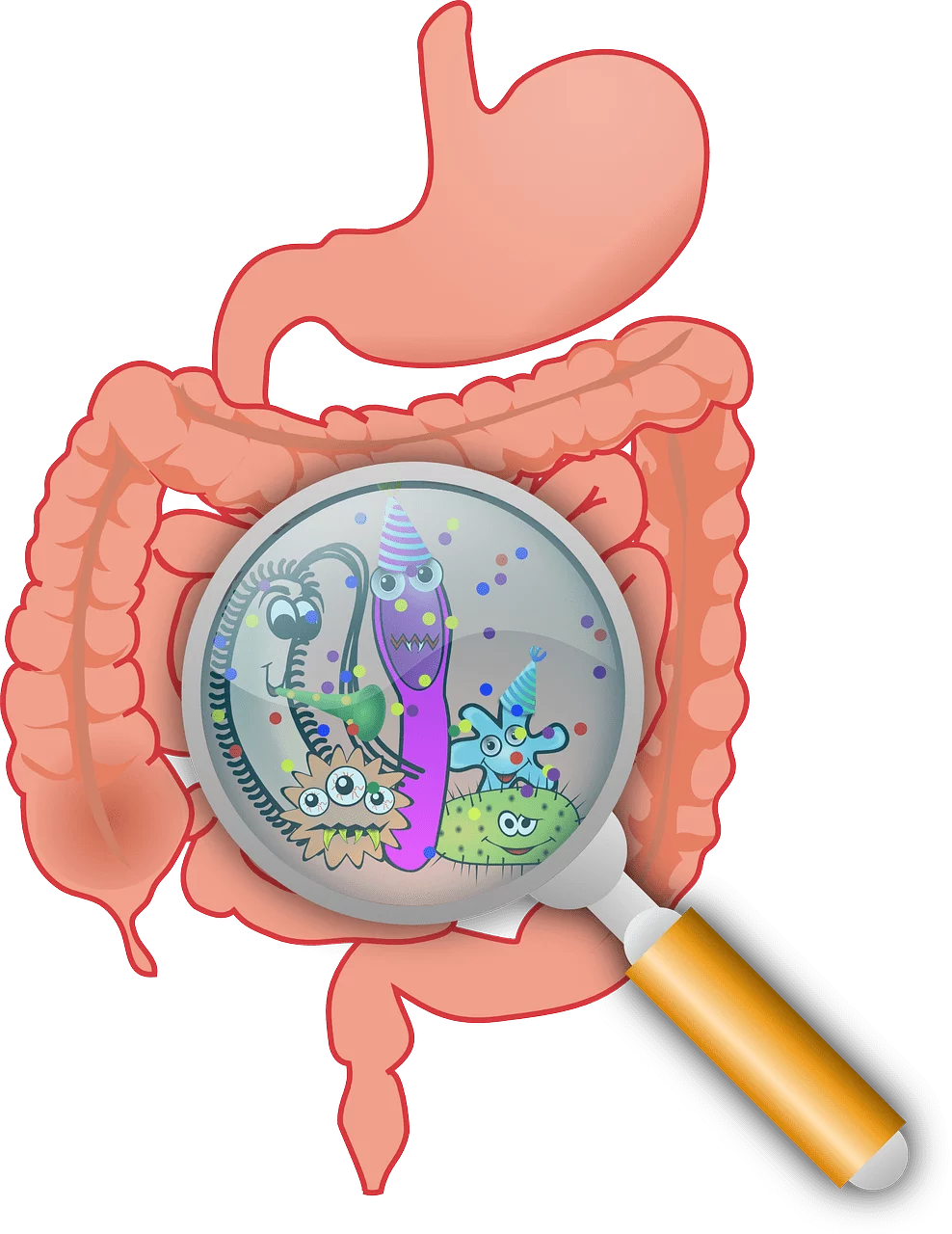
Where can you find probiotics?
Probiotics can be found in fermented foods, meaning that they have undergone microbial growth and fermentation (in a controlled way, of course!) During fermentation, bacteria break down the sugar in food into gases and alcohol. Here are some foods that contain probiotics:
- Yogurt
- Kefir, a fermented probiotic drink, which can be made from milk kefir grains or water kefir grains.
- Kombucha, a black or green tea fermented with bacteria and yeast.
- Tempeh, a high-protein fermented soy product.
- Sauerkraut, shredded cabbage that has been fermented by lactic acid bacteria.
- Kimchi, which is also made from cabbage (or other veggies) and lactic acid bacteria and flavored with a mix of seasonings.
- Sourdough, which is dough that has fermented naturally with yeast and lactic acid bacteria.
- Miso, a Japanese paste that is often used in miso soup. It is made from fermenting soybeans with koji, a type of fungus.
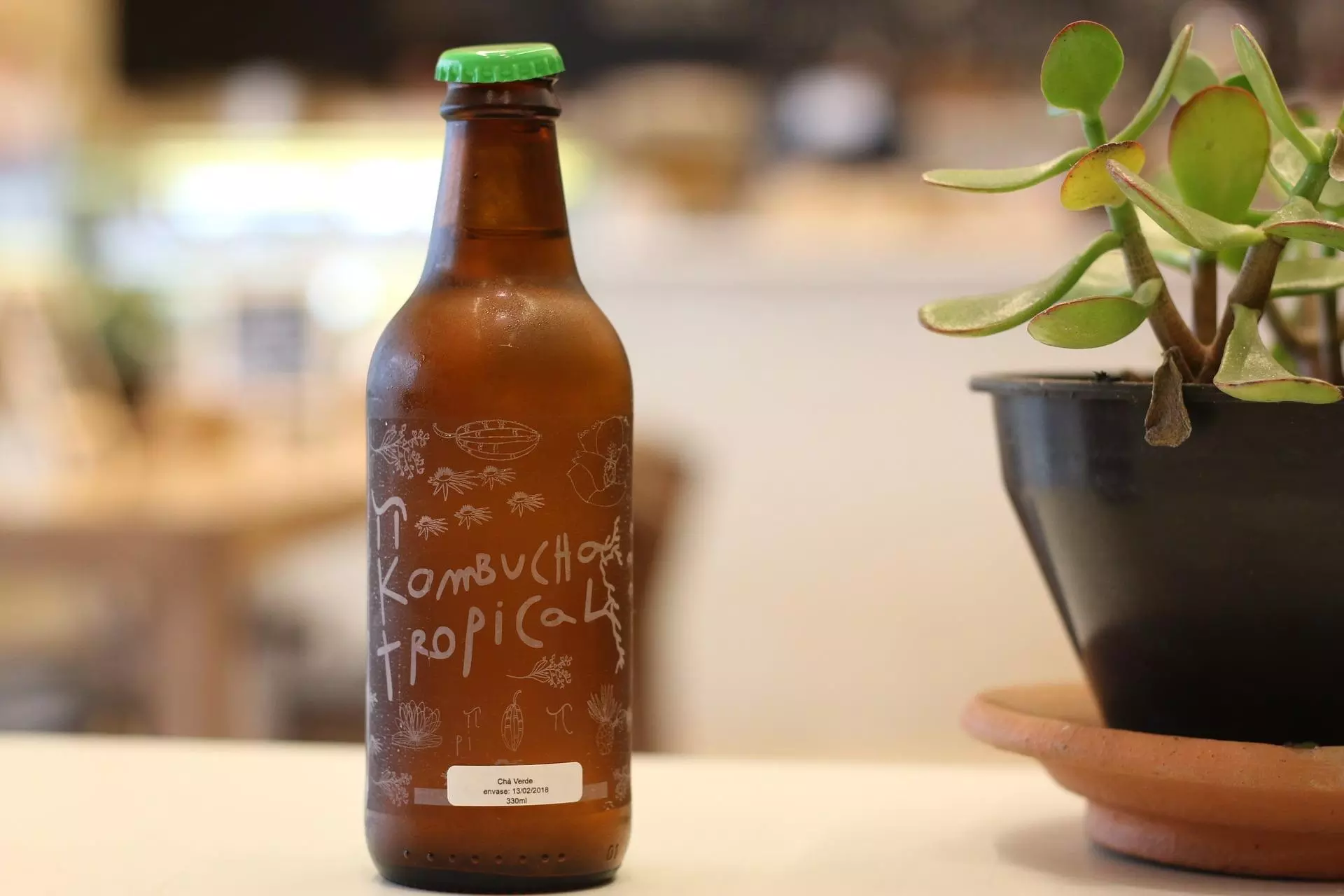
Where can you find prebiotics?
Since prebiotics are indigestible fibers, you can find them in foods that are rich in this type of fiber. These include fruit and veggies such as:
- Apples
- Artichokes
- Asparagus
- Bananas
- Berries
- Garlic
- Green vegetables
- Leeks
- Legumes
- Onions
- Tomatoes
As well as whole grains, like:
- Barley
- Oats
- Rye
- Wheat
Flaxseed, cocoa, and seaweed also contain prebiotics.
Probiotic and prebiotic supplements.
Now that people are becoming more aware of the benefits of probiotics and prebiotics, the demand for supplements is on the rise. But are these supplements really needed? And do you need both probiotics and prebiotics?
Concerning prebiotics, I don’t necessarily recommend taking a supplement like inulin or another indigestible fiber.
I think it’s a better idea to eat more prebiotic-rich foods, unless getting enough indigestible fiber is really difficult for you. Getting too much prebiotics can lead to bloating, gassiness, and abdominal pain.
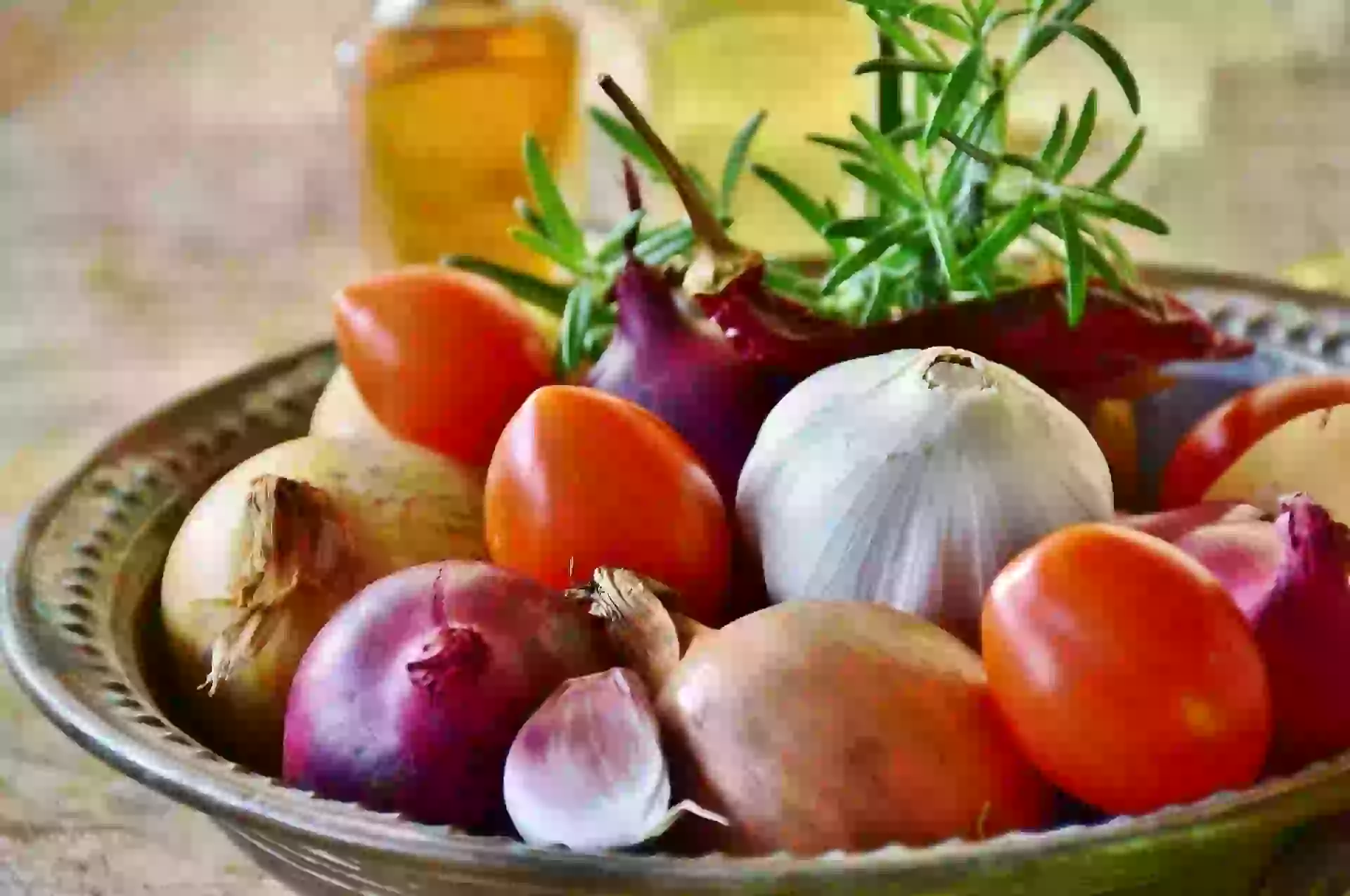
When it comes to probiotics, supplements can be helpful in some cases. If you don’t enjoy fermented foods or feel like you aren’t getting enough, taking a supplement could be useful.
Likewise, if you’re taking antibiotics, which damage your “good” gut bacteria, a probiotic supplement could help with your gut health [6]. You would need to take them at least two hours apart to prevent the antibiotics from killing the probiotics as well, and keep on taking them a week after the end of your antibiotics.
Finally, probiotic supplements can be helpful when you aren’t in your usual environment. Indeed, a different diet, higher stress levels, and changed eating patterns can disrupt your natural “good/bad” gut bacteria balance.
If you aren’t in any of these situations, then the best way to get your probiotics and prebiotics is to fill up on the foods I mentioned above!
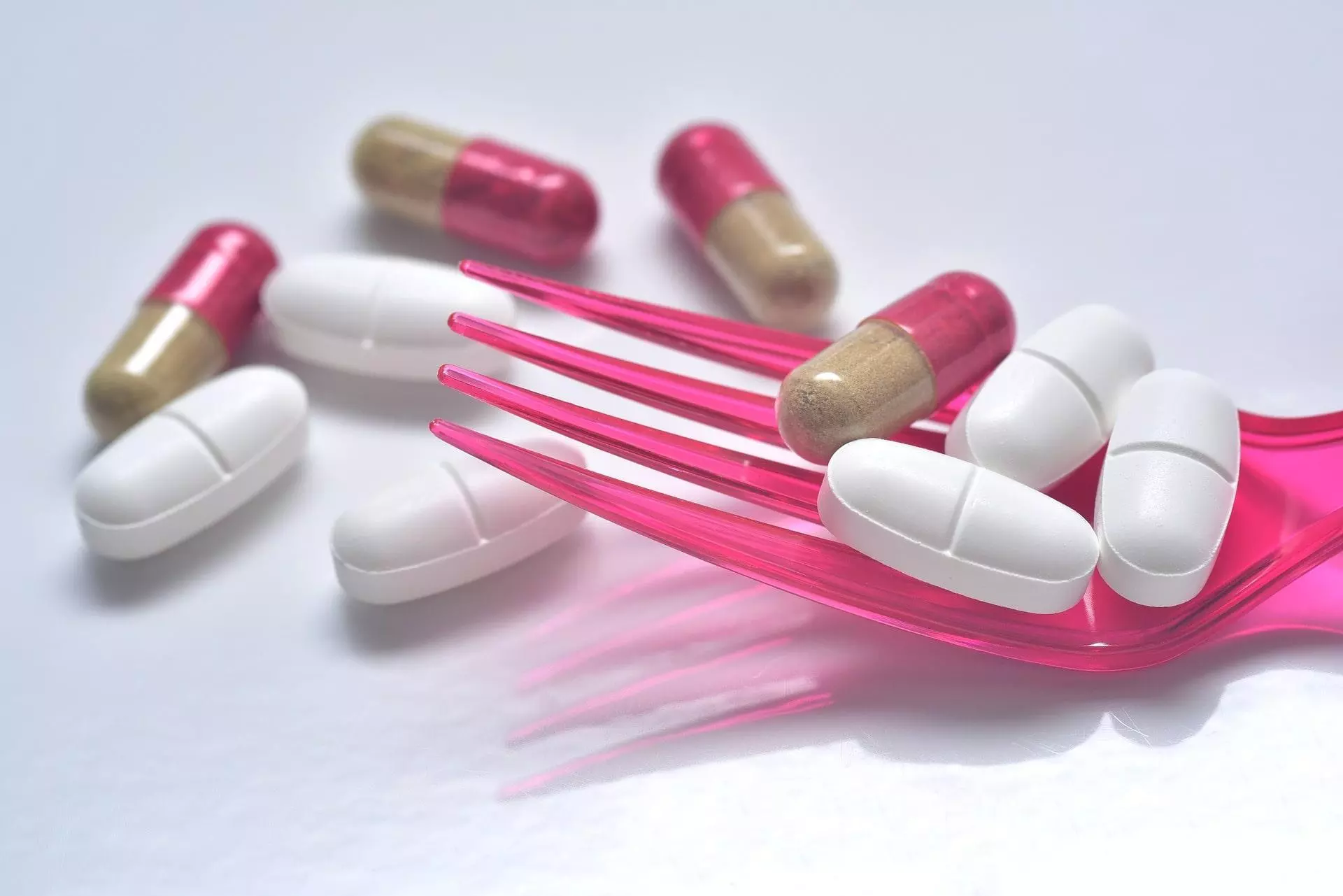
Probiotics and prebiotics in conclusion.
Probiotics are the “good” gut bacteria and prebiotics are the indigestible fibers that feed them. They are both essential for a healthy gut and good general health.
Probiotics can be found in fermented foods like yogurt, kefir, or miso, while prebiotics can be found in foods rich in indigestible fibers such as whole grains, asparagus, garlic, leeks… Both can be taken in supplement form if you aren’t able to get enough from food.
-Lucie


Comments are closed.